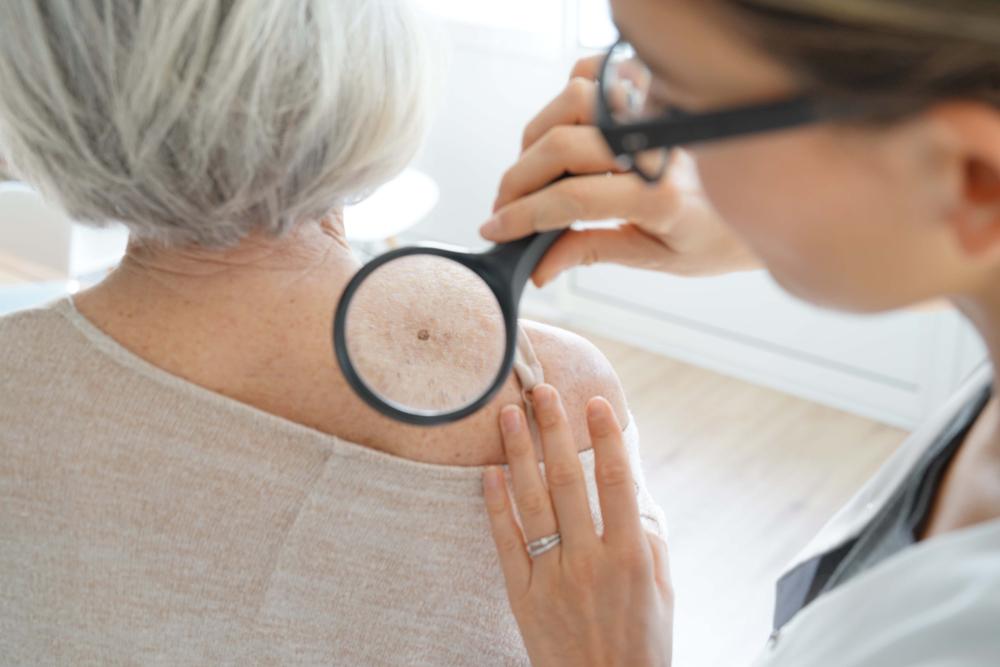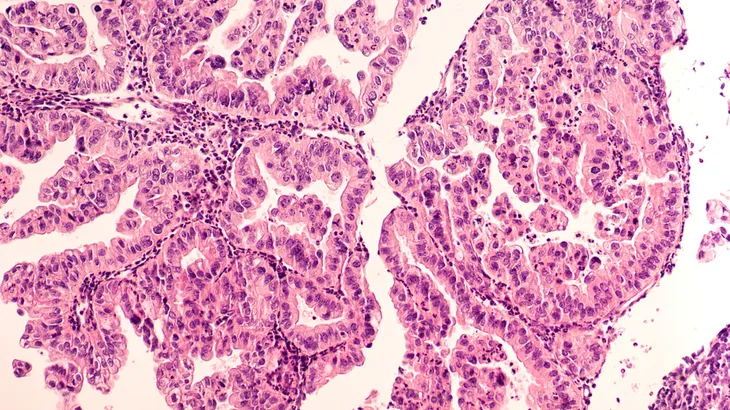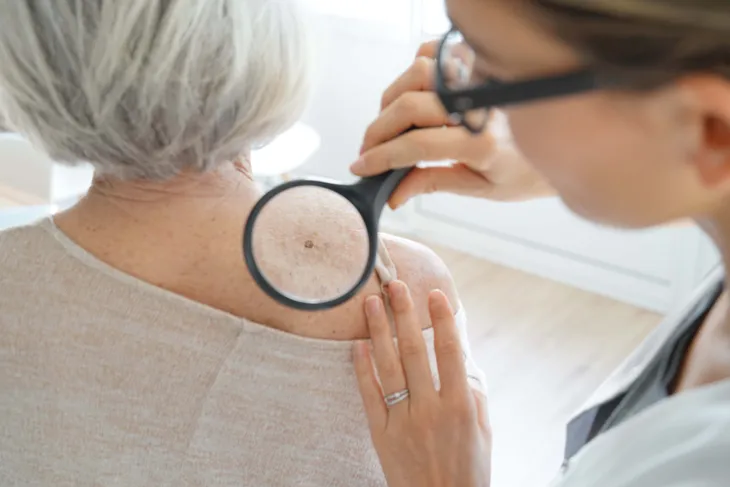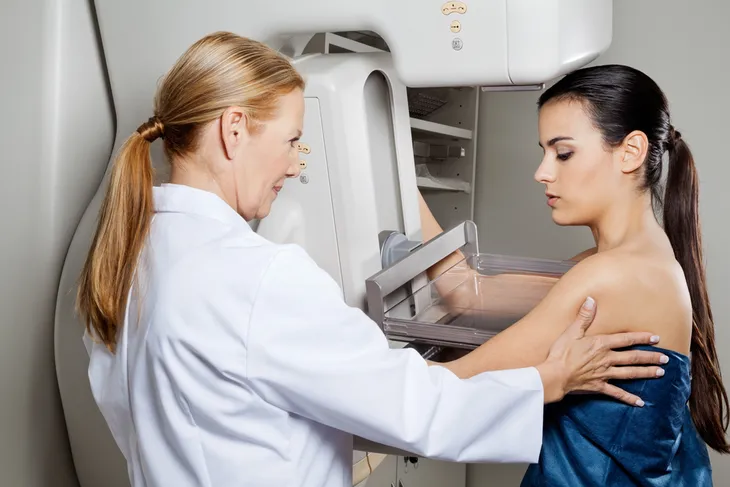It’s always better to be early! That adage was likely drilled into your head as a little girl by your mother. However, it holds true, particularly when it comes to catching certain women’s diseases—such as cervical and breast cancer, osteoporosis early.
Oftentimes, the quicker you catch an issue; the easier it is to treat before it becomes a more serious illness. The following screening tests are considered essential for women—especially because many of these eight tests can diagnose a problem before you even show signs of symptoms…
Pap Smear
Pap smears examine the cervix (the tunnel that links the uterus (or womb) and the vagina (the birth canal) for abnormal cells that can become cervical cancer.
During a pap smear, your doctor will scrape your cervical cells for human papillomavirus (HPV), an STD and the main cause of cervical cancer as well as examine the passageway for any abnormal cells (i.e., abnormal uterine [endometrial] cells or adenocarcinoma [the type of cancer sometimes seen in the canal of the cervix]) and send them to a lab for analysis. Most women begin yearly paps at age 21 and continue to do so yearly, depending on their HPV status and risk factors.
Ovarian Cancer Screening
Ovarian cancer kills approximately 15,000 women between the ages of 50 and 75-years old each year. Your doctor will perform a pelvic exam to check for ovarian cancer by first, examining the exposed vulva.
Next, he or she will insert 2 fingers into your vagina while pressing down on the abdomen with the other hand to check your uterus and ovaries. A speculum may also be used to open and visually examine your vagina for irregularities.
Heart Disease Screening
Heart disease is the primary killer of women globally. That’s why all women over the age of 50 and those with a family history of heart disease need to be screening annually using a device called an electrocardiogram (or EKG), which monitors the heart beat for any abnormalities. As well as lipid profile and blood pressure.
Skin Cancer Exam
If you liked to lie in the sun during your 20s, you may have put yourself at risk of one of the many types of skin cancer—including melanoma, basal cell and squamous cell cancers. During a skin cancer screening, your doctor will examine any changes in the size, shape, texture, and color of your moles and freckles.
Pay attention to changes in their shape, color, and size. These exams are typically performed during annual physicals. (For more information, check out Factors That Increase Your Risk of Skin Cancer).
Eye Exam
Eye health is monitored by an optometrist rather than a physician. However it’s just as vital. Yearly eye exams should be performed biannually after the age of 40 (or every year if you have a family history of eye disease) to monitor for common eye diseases—such as glaucoma, cataracts, diabetes, high blood pressure, and age-related macular degeneration.
Mammograms
Your doctor will typically recommend yearly mammograms beginning at age 40. If mammograms are clear and normal, you will likely have one every 1 to 2 years (depending on patient history and risk factors) starting at age 50. These mild-dose x-rays screen your breasts and surrounding tissues for tiny lump, too small to feel with your fingers.
Osteoporosis X-ray
Osteoporosis is the deterioration and weakening of bones that tends to begin during menopause (or over age 50) when bone mass is affected. The screening for this condition is typically recommended starting at age 65, and includes a dual energy X-ray absorptiometry (or DXA), which measures bone density and determines if you are at risk for osteoporosis breaks or fractures.
Manual Breast Exams
Depending on your age and risk factors, a breast cancer screening should be performing a manual breast exam every year to every 3 years. You should also be performing manual breast exams monthly in the shower to check for small lumps, which can become larger lumps and spread to your lymph nodes.
Breast exams save many lives if cancer is caught early because the sooner breast cancer is detected; the better your chances of full recovery and survival.











